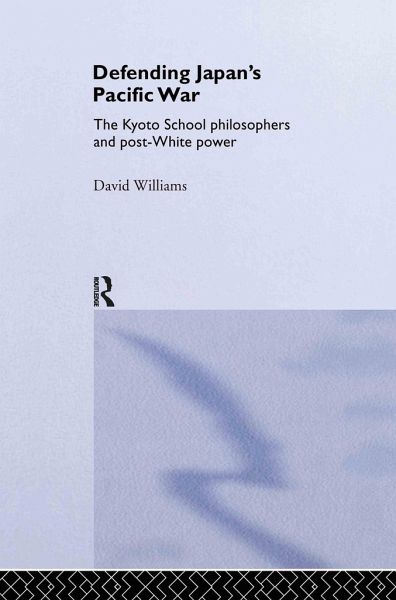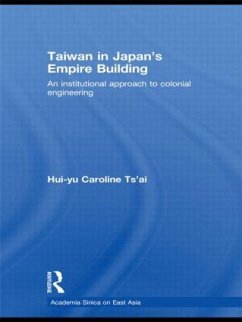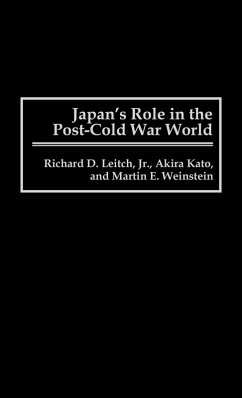
Defending Japan's Pacific War
The Kyoto School Philosophers and Post-White Power
Versandkostenfrei!
Versandfertig in 1-2 Wochen
168,99 €
inkl. MwSt.
Weitere Ausgaben:

PAYBACK Punkte
84 °P sammeln!
'Defending Japan's Pacific War is a major achievement for which the author must be congratulated. A necessarily selective review cannot do full justice to it. Its deserves a wide readership beyond Japan studies.' - Kenn Nakata Steffensen, Department of Political and International Studies, SOAS, University of London. 'Williams's Pacific War revisionism, in the western liberal mode is uncompromising . He has offered no quarter and taken no prisoner's. His impassioned arguement for his case and his equally passionate attack on those he disagrees with may upset some, but even then it stimulates th...
'Defending Japan's Pacific War is a major achievement for which the author must be congratulated. A necessarily selective review cannot do full justice to it. Its deserves a wide readership beyond Japan studies.' - Kenn Nakata Steffensen, Department of Political and International Studies, SOAS, University of London. 'Williams's Pacific War revisionism, in the western liberal mode is uncompromising . He has offered no quarter and taken no prisoner's. His impassioned arguement for his case and his equally passionate attack on those he disagrees with may upset some, but even then it stimulates thought and critical self - reflection.'- Kenn Nakata Steffensen, Department of Political and International Studies, SOAS, University of London.














